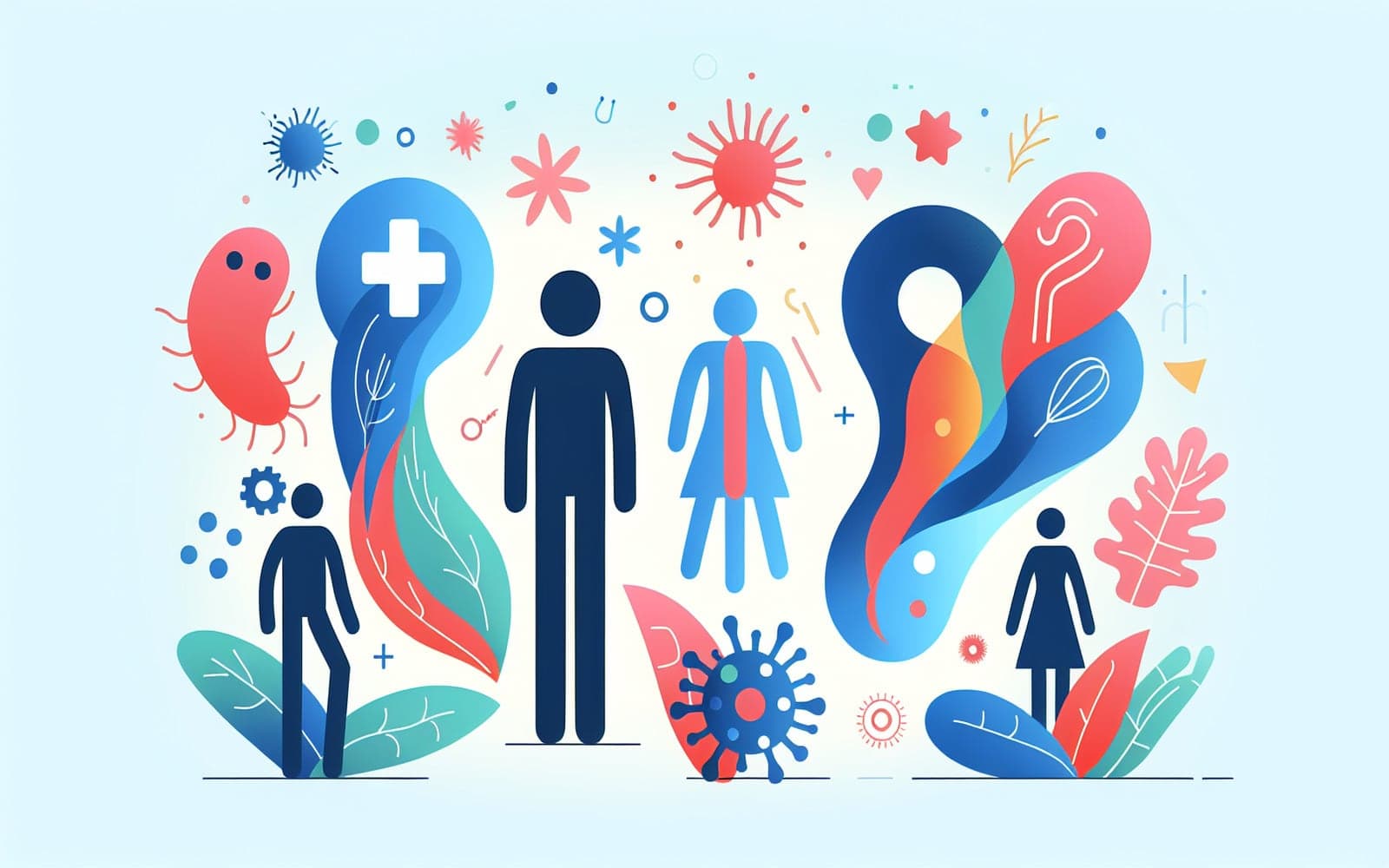Is Helicobacter Pylori the Culprit Behind Your Stomach Troubles?
Published: Apr 22, 2024

Medically reviewed by Alan Lucks | MD, Alan Lucks MDPC Private Practice - New York on April 22nd, 2024.
Helicobacter pylori (H. pylori) is a bacterium linked to gastritis, a condition affecting many globally. Understanding its role in stomach ailments can help in better management.
Contents
The Invisible Invader
H. pylori resides in the stomach lining and is a major cause of gastritis. It often leads to both acute and chronic inflammation, affecting up to two-thirds of the world's population. While many carry the bacterium without symptoms, its presence can lead to serious conditions like ulcers and even gastric cancer.
Acute vs. Chronic Gastritis
Acute gastritis caused by H. pylori can cause mild symptoms like stomach pain and nausea. If left untreated, it often progresses to chronic gastritis, leading to more severe issues like stomach atrophy and cancer. Treating the infection early with antibiotics can prevent these complications.

Not Just a Stomach Problem
H. pylori has been linked to conditions outside the stomach, such as iron deficiency anemia and vitamin B12 deficiency. It can also exacerbate issues like idiopathic thrombocytopenic purpura. Addressing the infection can help alleviate these related health problems.
Frequently Asked Questions
Gastritis is inflammation of the stomach lining often caused by H. pylori.
Yes, chronic infection can lead to gastric cancer.
It affects about two-thirds of the global population.
No, many people are asymptomatic.
Key Takeaways
Understanding and treating H. pylori infections can prevent serious stomach conditions.
Discover more about H. pylori by consulting Doctronic today!Related Articles
References
Dixon MF, et al. The updated Sydney System. Am J Surg Pathol 1996; 20:1161.
Correa P. Human gastric carcinogenesis. Cancer Res 1992; 52:6735.
This article has been reviewed for accuracy by one of the licensed medical doctors working for Doctronic. Always discuss health information with your healthcare provider.

